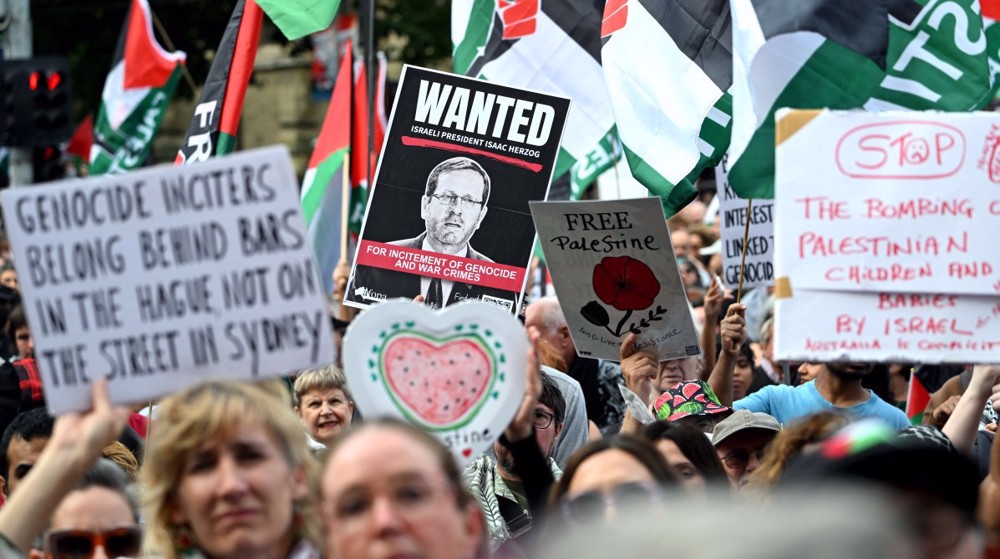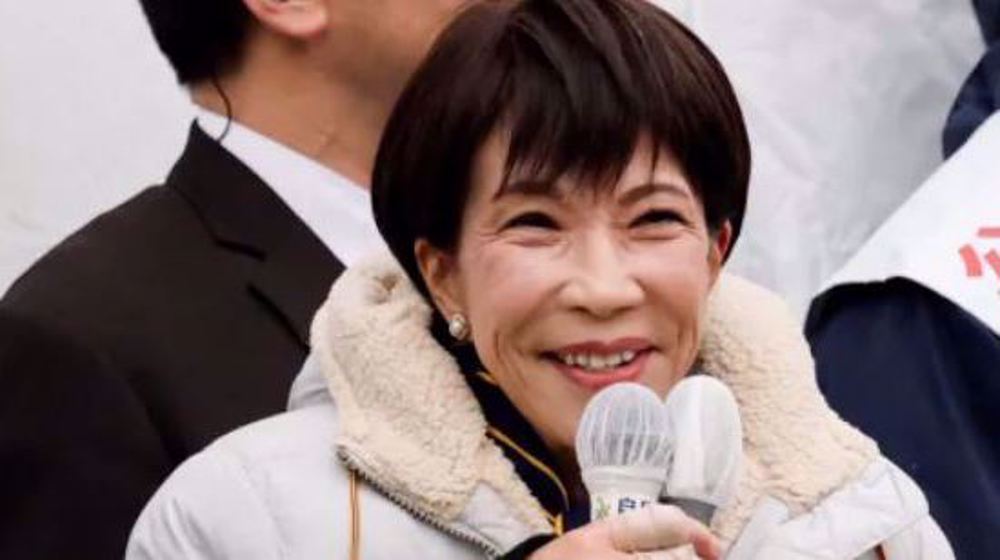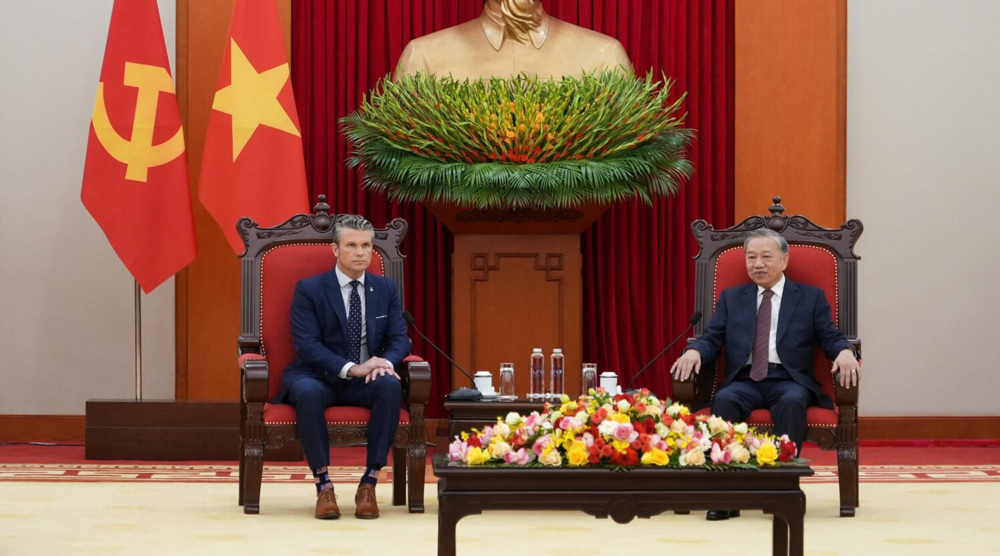Myanmar opposition party excludes Muslims from electoral list
A senior Muslim member of Myanmar’s National League for Democracy (NLD) says the opposition party has totally excluded Muslims from its electoral list.
On Sunday, AFP quoted the anonymous NLD member as saying that “not a single Muslim” was among the party’s 1,000 candidates for Myanmar’s upcoming general elections in November.
“People see this as religious discrimination. Many Muslims are saying they will not vote,” he stated, adding that Aung San Suu Kyi, Nobel Peace Prize laureate and the NLD leader, “must be afraid” of Buddhists who hold considerable sway on the socio-political equations in the South Asian country.
The decision has brought about major disappointment among the country’s Rohingya Muslims, who bear the brunt of centuries-long discrimination and marginalization.
“It seems Muslims are not accepted at all. In a real democracy, we would have the right to choose,” said Khin Maung Win, a senior member of the Muslim community in Myanmar’s second largest city of Mandalay, adding that Muslims have always lent support to the NLD.
Meanwhile, Khin Zaw Win, an analyst in the Tampadipa Institute, a political think tank, said the NLD’s decision to exclude Muslim candidates should be viewed in the light of the party’s attempt to win the favor of extremist Buddhists in the upcoming elections.
The party’s “shift to the right is very worrying” for Myanmar, he underscored, warning that “it is a very bad omen for the Muslims of this country.”
This is the first time the NLD is allowed to run in Myanmar’s elections following years of the junta rule.
Back in March, Myanmar’s parliament ratified a law barring people without full citizenship from voting. The move disenfranchised hundreds of thousands of Rohingya Muslims who are not recognized as Myanmar’s citizens by the government.

Myanmar’s Rohingya Muslims, currently living in the western state of Rakhine, have been subject to systematic repression by extremist Buddhists since the country’s independence in 1948.
This is while the government of Myanmar has fallen short of protecting the rights of the marginalized group, forcing thousands of them to seek refuge in Thailand, India, Bangladesh and Indonesia where they live in appalling conditions.
Rohingya Muslims have been recognized by the United Nations as one of the world’s most persecuted communities.
Iraq executes ex-Saddam official over 1980 killing of Shia cleric Baqir al-Sadr
Iran could dilute 60% enriched uranium if ‘all sanctions lifted’: Nuclear chief
FBI chief vows to ‘hunt down’ those who kill American citizens – except Israel
VIDEO | Exclusive: Armed Forces spokesman says Iran will never give in to US pressure amid talks
Iran‑US talks ‘good opportunity’ to resolve nuclear issue: President Pezeshkian
Iran seeks result-oriented talks, progress depends on US seriousness: Araghchi
VIDEO | Efforts to stabilize Gaza Strip hitting diplomatic wall
Decades of broken promises, aggression, Israeli pressure leave Iran no reason to trust US: Analyst










 This makes it easy to access the Press TV website
This makes it easy to access the Press TV website